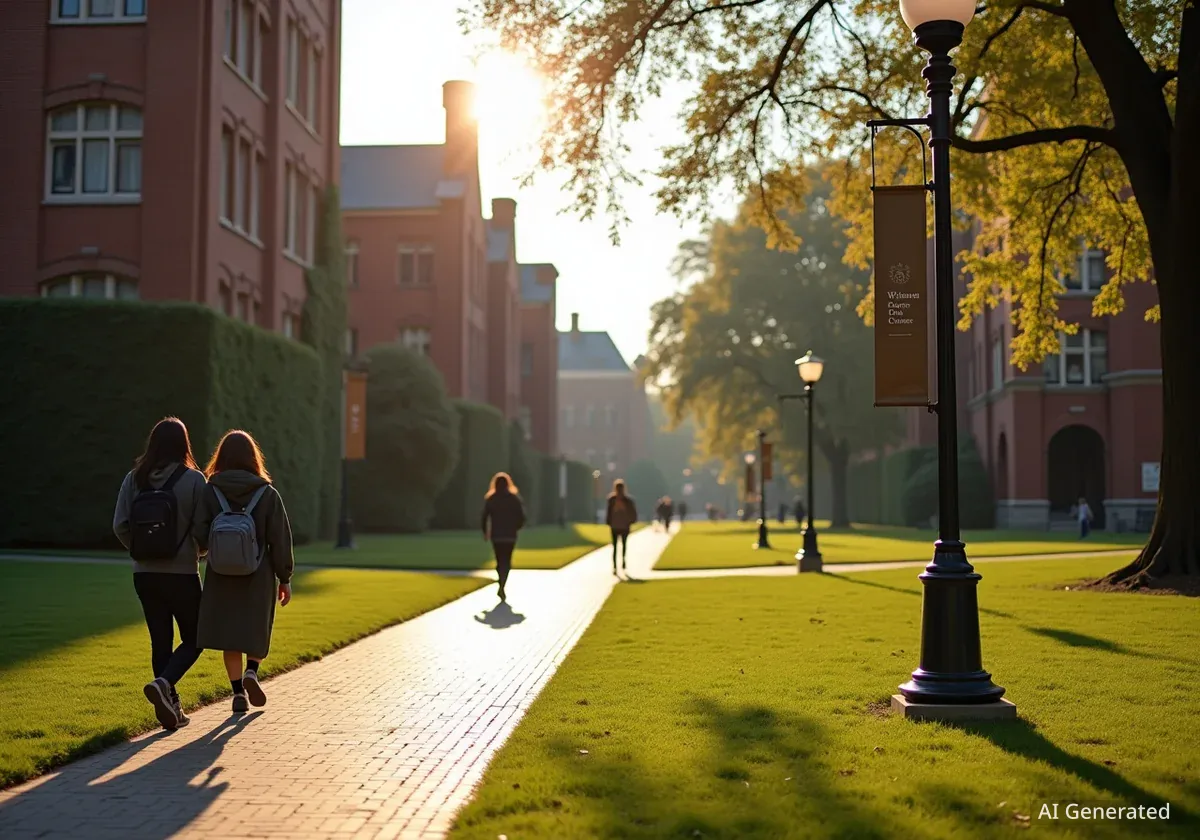Harvard University has discontinued its Undergraduate Minority Recruitment Program (UMRP), a student-led initiative that operated for half a century. The decision, made in May, comes in the wake of the 2023 Supreme Court ruling that ended race-conscious college admissions and has prompted universities nationwide to review their outreach and recruitment policies.
Key Takeaways
- Harvard University has officially ended its 50-year-old Undergraduate Minority Recruitment Program (UMRP).
- The program's termination follows the Supreme Court's 2023 decision in Students for Fair Admissions v. Harvard.
- UMRP was a student-run outreach effort aimed at encouraging qualified underrepresented students to apply, not an admissions preference program.
- The university is launching a new "Recruitment Ambassadors" program, though details on its scope and methods remain limited.
A Half-Century Initiative Comes to a Close
For 50 years, the Undergraduate Minority Recruitment Program served as a key outreach tool for Harvard. The program was managed by current students who connected with high-achieving high school students from underrepresented backgrounds across the country.
Coordinators for UMRP would visit schools, host informational sessions, and maintain contact with prospective applicants through email. The primary goal was to demystify the application process and encourage talented students who might not otherwise consider applying to Harvard to submit an application.
How UMRP Functioned
The program operated by identifying promising students based on academic metrics, such as high PSAT scores. It was designed to broaden the applicant pool, ensuring that a diverse range of qualified candidates was considered for admission.
It is important to note that UMRP did not provide any form of preferential treatment in the admissions process itself. Instead, its focus was entirely on recruitment and encouragement, working to ensure that merit from all communities was recognized and included in the applicant pool.
Historical Success of the Program
According to data from as recently as 2012, the UMRP had successfully contacted a large majority of minority students who ultimately enrolled at Harvard. This suggests the program was effective in reaching its target demographic and played a significant role in building diverse classes over the decades.
The Impact of the Supreme Court Ruling
The decision to end UMRP is a direct consequence of the Supreme Court's ruling in Students for Fair Admissions v. Harvard. This landmark 2023 decision effectively ended the practice of affirmative action in college admissions, prohibiting universities from considering race as a specific factor.
Following the ruling, universities have been under intense legal and political pressure to dismantle any programs that could be perceived as race-conscious. This has led to a widespread reevaluation of admissions, financial aid, and recruitment policies at institutions across the United States.
Legal Pressure Mounts on Universities
Educational institutions are navigating a complex legal landscape. The fear of litigation has prompted many to adopt a cautious approach, often leading to the discontinuation of long-standing programs even if they are not explicitly prohibited by the court's ruling.
Concerns Voiced Over Transparency and Access
News of the program's termination in May only became public recently, leading to criticism regarding the university's transparency. The quiet nature of the decision has fueled concerns that Harvard is retreating from its stated commitment to diversity and equal access.
Critics, including The Harvard Crimson's Editorial Board, argue that by ending a successful outreach program, the university may be inadvertently making it more difficult for students from underresourced high schools to see Harvard as an attainable goal. Without targeted outreach, these students may self-select out of the application process.
"Compliance with SFFA is non-negotiable, but retreat from equal access is not," stated a recent editorial from The Harvard Crimson, urging the university to create an equally effective replacement for UMRP.
Introduction of a New Recruitment Program
In place of UMRP, Harvard has indicated it will launch a new initiative called the "Recruitment Ambassadors" program. However, the university has not yet provided detailed information about how this new program will operate or the specific strategies it will employ to reach a diverse range of prospective students.
The central question is whether this new, race-neutral program can achieve the same level of reach and effectiveness as the UMRP. Without robust, targeted recruitment, advocates for diversity worry that the pool of qualified applicants from underrepresented backgrounds could shrink, making it harder to assemble a diverse student body through a merit-based, holistic review process.
The Path Forward for Diversity in Admissions
As Harvard moves into a post-affirmative action era, the focus shifts to race-neutral strategies for maintaining diversity. These can include:
- Expanding recruitment efforts in geographically diverse areas.
- Focusing on students from low-income backgrounds.
- Increasing outreach to students who are the first in their families to attend college.
- Partnering with organizations like QuestBridge, which connects high-achieving, low-income students with top universities.
The challenge for Harvard and other selective institutions will be to implement and scale these strategies effectively. Observers and stakeholders will be watching closely to see if the new "Recruitment Ambassadors" program and other initiatives can successfully fill the void left by the discontinuation of the UMRP and uphold the university's commitment to access and excellence.





